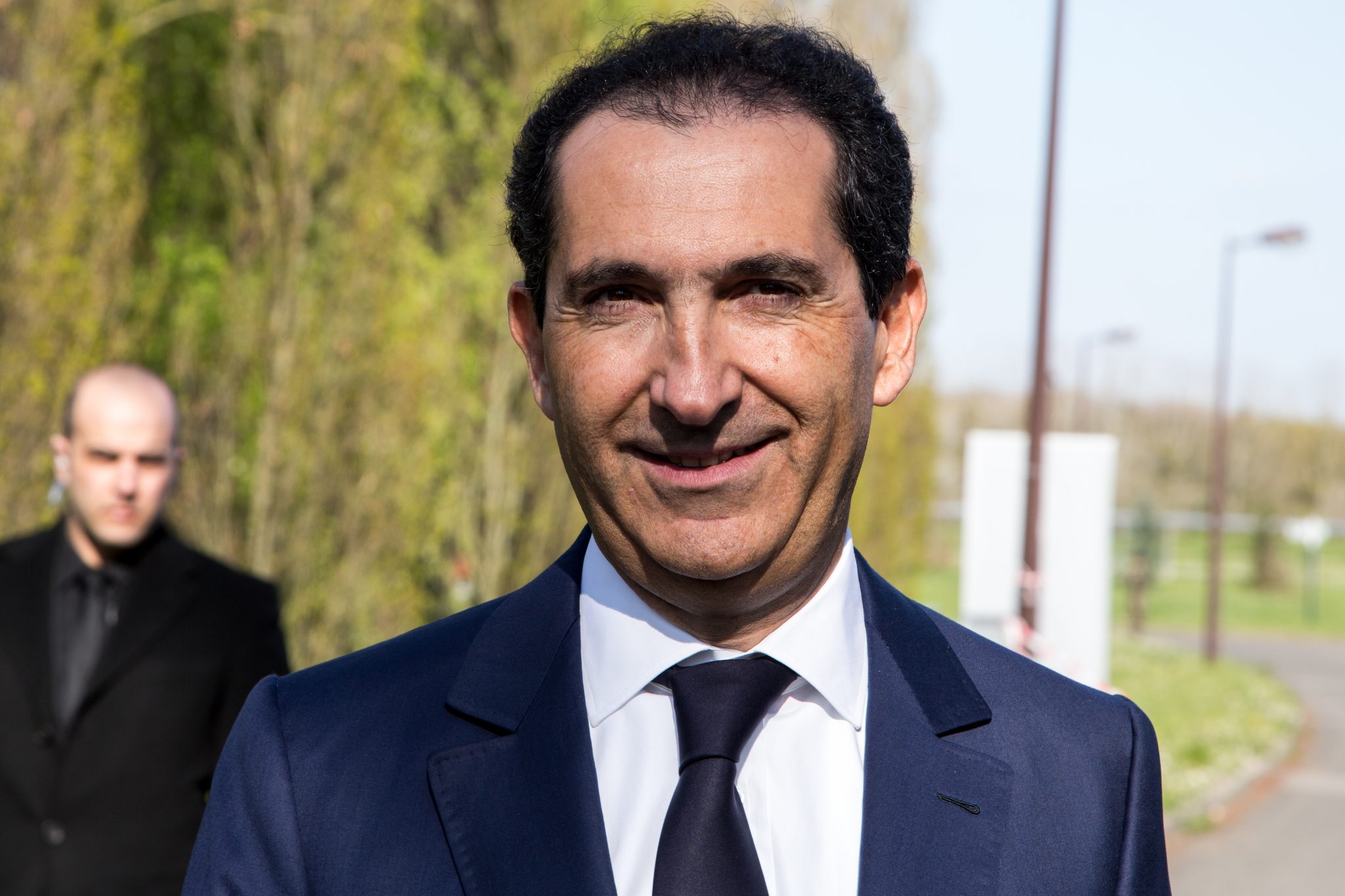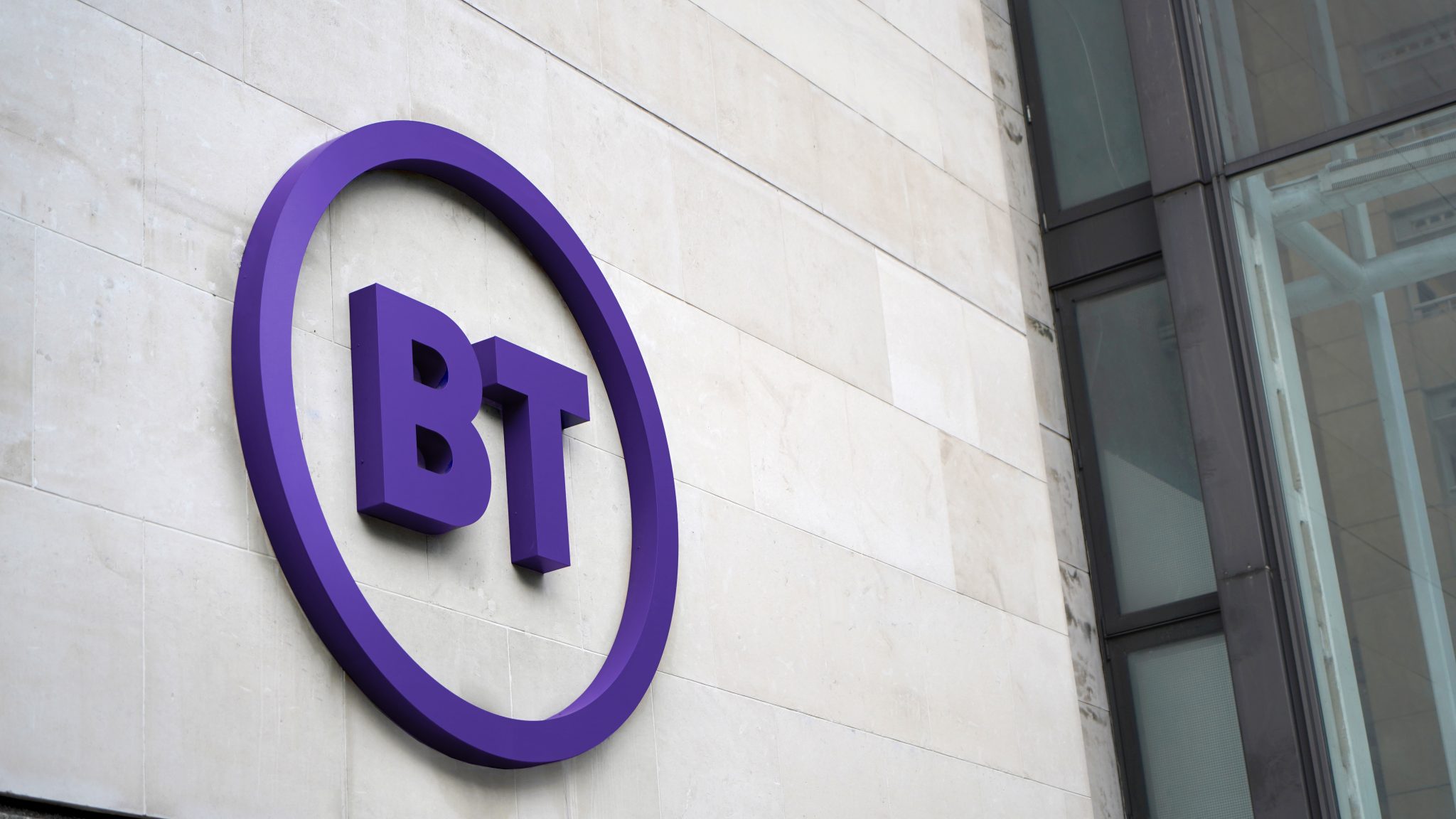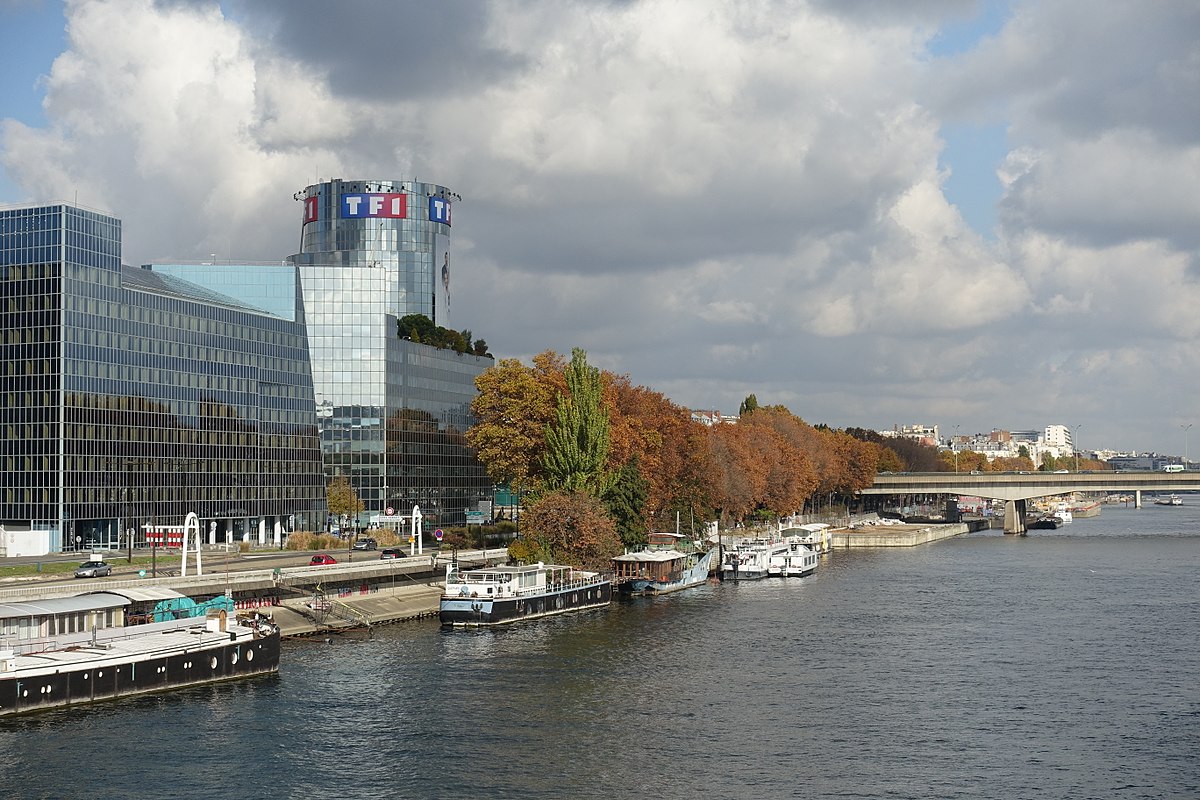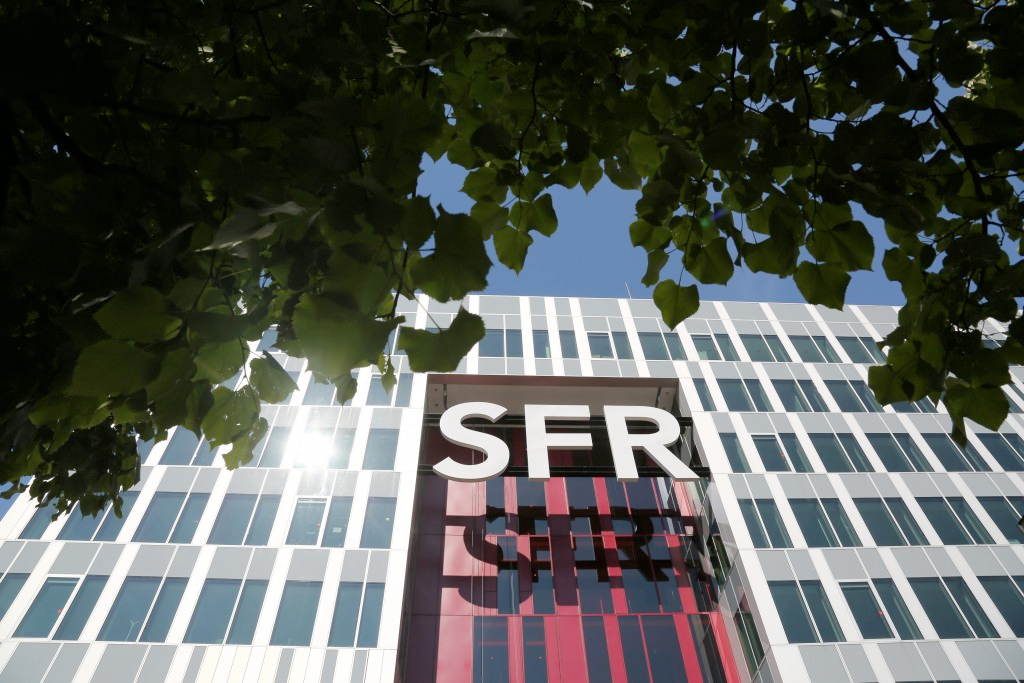
After more than 40 years of operation, DTVE is closing its doors and our website will no longer be updated daily. Thank you for all of your support.
Major changes for Altice as opportunist Drahi eyes BT

Patrick Drahi
Patrick Drahi is having quite the busy summer.
The French-Israeli billionaire had some unexpectedly positive news this week, when the UK government waved through Altice’s acquisition of 5.9% of BT. The telco – privately owned by Drahi – now owns 18% in the formerly state-owned BT to become its biggest single shareholder. It looks increasingly likely that Drahi could attempt a full takeover despite previous promises not to – though that would raise even more regulatory scrutiny due to BT’s involvement in national security work.
The news came as something of a surprise as it had previously been reported that the government would block the 5.9% buy and cap any further stake-building.
However, this week the Department for Trade and Industry issued a statement which said: “Following careful consideration, the government will take no further action on the acquisition of 5.9% shares by Altice in BT and the Final Notification has been issued to parties.”
In the same week, Altice has announced a major executive reshuffle which will see CEO Grégory Rabuel leave the business after 13 years to be replaced by Altice Média chief Arthur Dreyfuss.
Seeking opportunity across the channel in a volatile market
 Both of these stories track with Drahi’s previous executive history as something of an opportunist. Sometimes successful (see the 2019 acquisition of Sotheby’s), sometimes not (see the rebuffed takeover offer for Eutelsat), in a period where the industry is increasingly looking to consolidate, Drahi is evidently not afraid to strike a deal should the opportunity arise and make the most of market conditions.
Both of these stories track with Drahi’s previous executive history as something of an opportunist. Sometimes successful (see the 2019 acquisition of Sotheby’s), sometimes not (see the rebuffed takeover offer for Eutelsat), in a period where the industry is increasingly looking to consolidate, Drahi is evidently not afraid to strike a deal should the opportunity arise and make the most of market conditions.
It probably doesn’t hurt the billionaire’s interest in BT that the company is desperately seeking funds in order to fuel its fibre network (to the point that it has effectively sold-off BT Sport to Warner Bros. Discovery) and is offering less-than-inflation pay rises to striking workers. Overall market anxieties in the UK are creating the kind of instability that makes foreign investors salivate.
The pound is rapidly approaching a five-year low vs the US dollar; should the UK government’s dire handling of inflation and the cost-of-living crisis continue to spiral downwards, the pound could reach a level of parity with the dollar that was last seen in the mid-80s.
Domestic affairs
Closer to home in France, Altice is also moving with the market.
Drahi has made no secret of the fact that he is in favour of the merger of France’s two largest commercial broadcasters TF1 and M6. The merger appeared to be on the verge of collapse due to regulatory concerns, but the pair have offered to keep their advertising businesses separate for three years after their merger as a last-minute concession to get the deal over the line.
His position stands in stark contrast to that held by Iliad Telecom/Free boss Xavier Niel who said that the merger would “create a monster”. He called on the EU, rather than the French senate, to have final say on the deal.
 Speaking to French senators earlier this year, Drahi described the merger as “logical” and argued that the combination of the two commercial broadcasters made sense in the context of the globalisation of the media distribution business and the rise of internet and streaming giants based in the US.
Speaking to French senators earlier this year, Drahi described the merger as “logical” and argued that the combination of the two commercial broadcasters made sense in the context of the globalisation of the media distribution business and the rise of internet and streaming giants based in the US.
These platitudes however only really serve to mask the fact that Drahi is largely in favour of the merger due as it would make Altice Média the number two player in the TV advertising market – even if a good three-quarters of that market is currently dominated by TF1 and M6.
With this in mind, the group is looking to bulk up Altice Média by acquiring TFX and 6ter from TF1 and M6 respectively. (Under French law, media groups can own a maximum of seven TV channels, meaning that a combined TF1-M6 has to divest three to be compliant.)
It’s not all roses for Altice however. While the internal note said that Rabuel is departing by common consent and with Drahi’s blessing, French trade union the Confédération française démocratique du travail (CFDT) has pointed to SFR’s disappointing performance as having a hand in this decision making.
CFDT official Olivier Lelong was cited by French media as saying that the union had been issuing warnings for some months about poor staff morale, while the group had produced disappointing results in terms of subscriber numbers at a time when the French telecom market was growing.
 At the same time, SFR began a voluntary redundancy plan that will eliminate 2,000 jobs.
At the same time, SFR began a voluntary redundancy plan that will eliminate 2,000 jobs.
Altice has also found itself embroiled in a major dispute with Orange. Last week, Orange stopped distributing Altice’s nine local channels, including BFM Paris and BFM Lyon, after the pair failed to reach an agreement on carriage fees. Orange subscribers are now unable to access the local channels via their set-tops, although the services remain available via digital-terrestrial TV and the internet.
Like any business, Altice is dealing with challenges and challengers. But in an industry where being reactive is often considered a failure of forward planning, the telco is evidently willing to take risks which, should they pay off, would only serve to increase Altice’s valuation from the US$7.3 billion price point at which Drahi took it private in January 2021.


